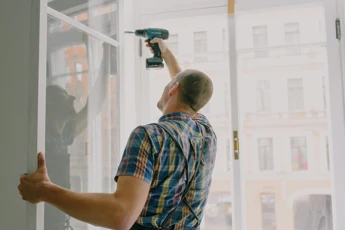Whether you’re a first time buyer or a seasoned homeowner, understanding your property equity (or the value in your home) is key to making informed financial decisions. Home equity is the portion of your property that you own outright and is calculated by subtracting the outstanding mortgage amount, along with any secured loans, from the property’s current value.
Understanding home equity
If your property is valued at £250,000 and your outstanding mortgage balance is £150,000 with no secured loans, your home equity stands at £100,000. As your property’s value increases, so does your equity.
Different mortgage types and home equity
Most standard home mortgages are repayment loans, so your equity grows over time as your mortgage payments reduce the overall loan amount. Interest-only mortgages, which are less common, don’t contribute to paying off your mortgage, only the interest that accumulates each month. Equity only accumulates if the original loan is repaid at the end of the mortgage term.
Your LTV, or loan-to-value, is the ratio of what you borrow compared to how much you pay as a deposit. If you’re moving home, your equity would determine your LTV. If we use the same example from above, and you have £100,000 in equity and use the entire amount as a deposit on a £400,000 house, your LTV would be 75%, as £100,000 is a quarter of £400,000.
Why your home equity is important
Your financial options should improve as you grow the equity in your home. Not only does a lower LTV reduce your repayments and interest rates, it can help you move up the property ladder and improve your affordability.
The value in your home is a financial asset, and it’s worth investing in it where you can. Not only will it help when buying a home, but remortgaging too, as you’ll have the option of taking money out of your home for improvements if needed.
Talking to a mortgage adviser about your home equity could help you understand where you stand, and if you have any questions, don’t hesitate to get in touch with one of our experts!
They can help you work out strategies for improving the value in your home, and provide options for lower LTV mortgages if you need to move but don’t have a lot of equity.
Get in touch today to learn more.
Important information
Your home may be repossessed if you do not keep up repayments on your mortgage.
There may be a fee for mortgage advice. The actual amount you pay will depend on your circumstances. The fee is up to 1% but a typical fee is 0.3% of the amount borrowed.




